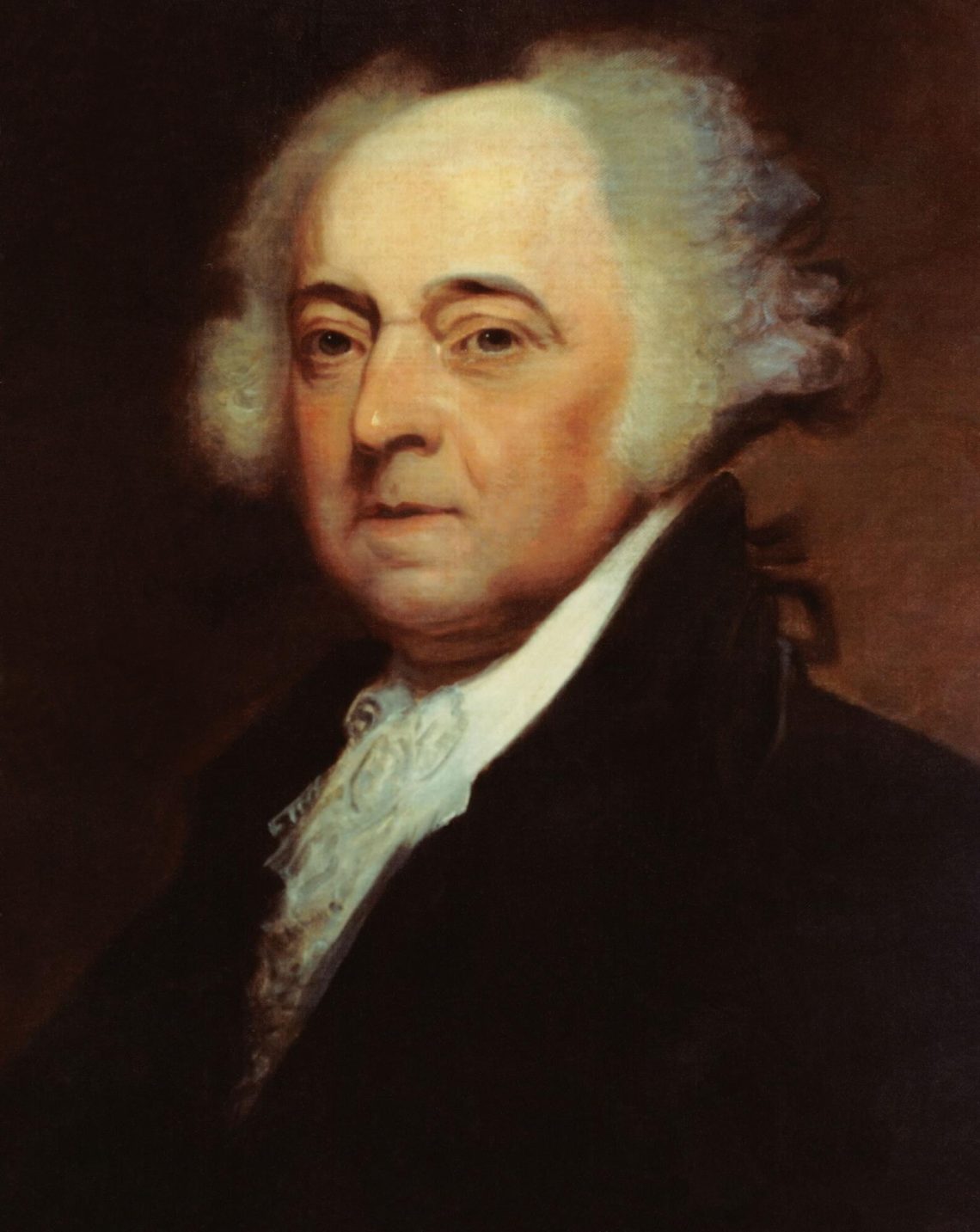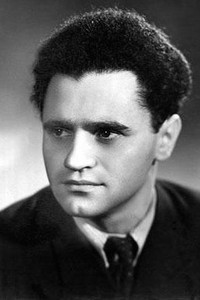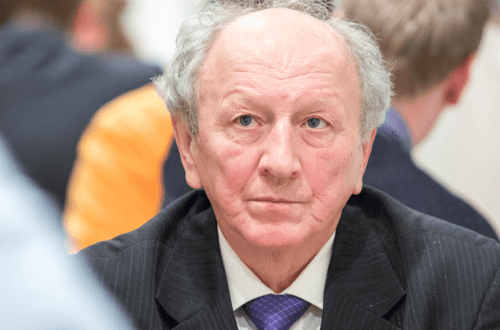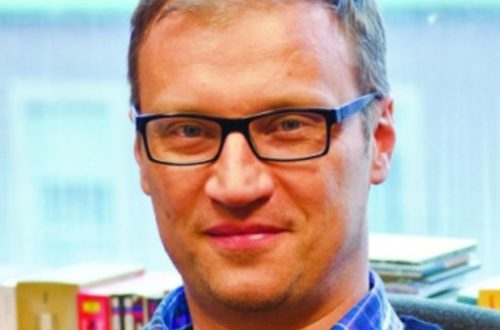
John Adams (John Adams) |
John Adams
American composer and conductor; the leading representative of the style in which the so-called. minimalism (characteristic features – laconism of texture, repetition of elements), represented in American music by Steve Raik and Philip Glass, is combined with more traditional features.
Adams was born in Worcester, Massachusetts on February 15, 1947. His father taught him to play the clarinet, and he excelled so much that, as a student at Harvard University, he could sometimes replace the clarinet player in the Boston Symphony Orchestra. In 1971, after completing his studies, he moved to California, began teaching at the San Francisco Conservatory (1972–1982) and led the student Ensemble for New Music. In 1982-1985 he received a composer’s scholarship from the San Francisco Symphony.
Adams first attracted attention with a septet for strings (Shaker Loops, 1978): this work was praised by critics for its original style, which combines the avant-gardism of Glass and Reik with neo-romantic forms and musical narrative. It has even been claimed that during this time, Adams helped his senior colleagues Glass and Ryke find a new creative direction, where the rigidity of the style is softened and the music is made accessible to a wider range of listeners.
In 1987, Adams’ Nixon in China premiered in Houston with great success, an opera based on poems by Alice Goodman about Richard Nixon’s historic meeting with Mao Zedong in 1972. The opera was later staged in New York and Washington , as well as in some European cities; her recording became a bestseller. The next fruit of cooperation between Adams and Goodman was the opera The Death of Klinghoffer (1991) based on the story of the capture of a passenger ship by Palestinian terrorists.
Other noteworthy works by Adams include Phrygian Gates (1977), a tense and virtuoso composition for piano; Harmonium (1980) for large orchestra and choir; Available Light (1982) is an interesting electronic composition with choreography by Lucinda Childs; “Music for Grand Piano” (Grand Pianola Music, 1982) for multiplied pianos (i.e. electronically multiplied sound of instruments) and orchestra; “Teaching about Harmony” (Harmonienlehre, 1985, that was the title of Arnold Schoenberg’s textbook) for orchestra and a “full-length” violin concerto (1994).
Encyclopedia





